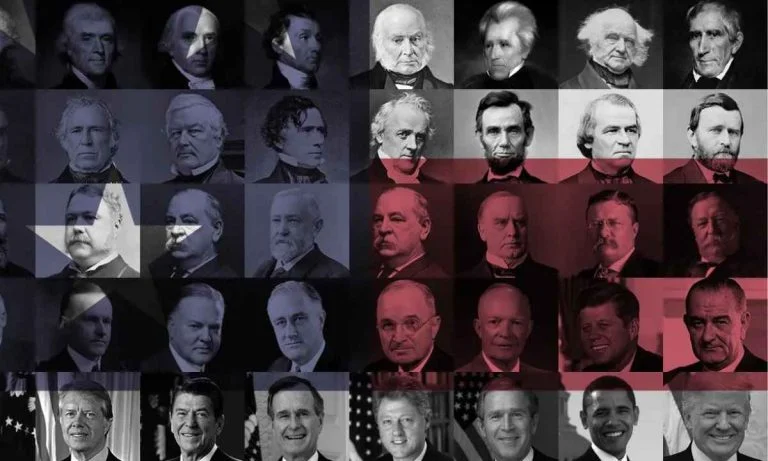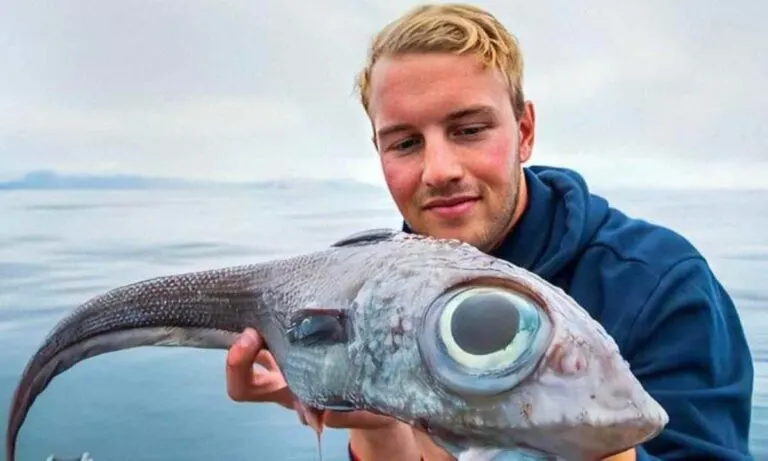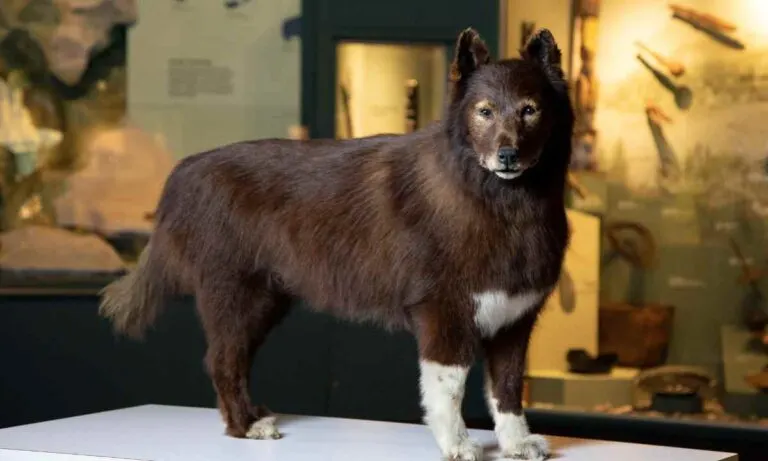One Man’s Fight Against Racism | Daryl Davis Convinced Over 200 Americans To Walk Away From White Supremacy!
Daryl Davis is an acclaimed and versatile pianist known for his mastery of genres like blues, jazz, and rock ‘n’ roll. However, has made an extraordinary impact far beyond the music world. A chance encounter with a random fan in 1983 opened his eyes to something new. Though he already faced racism growing up, in that instance Davis came face to face with a member of the Ku Klux Klan, a white supremacy organization. This pivotal moment marked the beginning of Davis’s mission to confront and dismantle racism. Eventually, his efforts convinced over 200 people to abandon white supremacist ideologies.
Davis’s approach to combating racism is rooted in his own experiences with prejudice. David was subjected to racial slurs as a child and his journey was far from easy. However, rather than retreating, he transformed these experiences into a powerful tool for social change. By reaching out to members of hate groups and engaging them in respectful conversations, Davis has befriended Klan supporters and white supremacists. Let’s now look at the inspiring story of Davis’ early life and what made him become an anti-racist crusader.
Daryl Davis’ Early Life and Musical Career
Daryl Davis was born in Chicago in 1958. His musical journey began early, and he quickly gained recognition for his exceptional piano skills. In 1980, he earned a bachelor of music degree from Howard University. Also, he was a member of the Howard University Choir and Jazz Vocal Ensemble. Importantly, legendary pianists Pinetop Perkins and Johnnie Johnson mentored Davis who both claimed him as their godson.
Over the years, Davis has performed with legendary musicians like Chuck Berry, Jerry Lee Lewis, and B.B. King. Despite his success, Davis encountered racial barriers within the music industry. For instance, he was frequently overlooked for prominent gigs and faced discrimination. These experiences underscored the pervasive nature of racism and fueled Davis’s commitment to addressing it. His passion for music and his determination to confront racial prejudice became intertwined, driving him to seek unconventional ways to challenge hate.
“How can you hate me? You don’t even know me.”
Daryl Davis
Racist Challenges
Davis’s journey into activism was deeply influenced by his personal experiences with racism. In 1968, at the age of ten, Davis faced a disturbing incident of racial hostility while participating in a Cub Scout parade. As rocks were thrown at him by bystanders, Davis struggled to understand “How can you hate me? You don’t even know me.” This traumatic experience sparked a lifelong curiosity about racism and a desire to address its root causes. Davis’s early encounters with racial discrimination, including exclusion from public spaces and professional opportunities, shaped his resolve to challenge prejudice and promote understanding.

Daryl Davis Engages with White Supremacist Groups
1983, Davis’s life took a dramatic turn when he encountered a Ku Klux Klan member at a country gig in Frederick, Maryland. Ku Klux Klan or KKK is a white supremacist organization. It has been active in the postbellum US South since 1865 as a terror organization. Then by the mid-20th century, it had a resurgence. They usually have elaborate and intimidating ceremonies using white robes and hoods and burning crosses.

Let’s hear about this encounter in Davis’ own words. “He said, “You’re the first black man I’ve heard play like Jerry Lee Lewis.” I wasn’t offended, but I was surprised. “
This encounter, took an unexpected turn when the patron revealed his membership in the KKK. Instead of reacting with anger, Davis chose to engage in dialogue. Daryl Davis saw this as the beginning of a new path: confronting racism in his way.

Davis’s most notable achievements include his direct engagement with high-ranking members of white supremacist organizations. One of his significant encounters was with Robert Kelly, who was the Grand Dragon and later became the Imperial Wizard of the Ku Klux Klan in Maryland. Davis arranged a meeting with Kelly under the pretense of including him in a book about the KKK. When Kelly discovered Davis’s race, he was initially shocked and defensive.
However, Davis’s respectful approach and genuine curiosity led to a series of conversations that gradually dismantled Kelly’s racist beliefs. Over time, Kelly invited Davis to Klan rallies and shared his views on racial stereotypes. Through patient dialogue, Davis helped Kelly reevaluate his beliefs, eventually leading Kelly to leave the Klan and shut down his chapter. Davis received Kelly’s Klan robe as a symbolic gesture of this transformation.
Impact and Legacy
” We’ve simply been putting Band-Aids on the wounds of racism. We haven’t drilled down to the bone to get to its source”
Daryl Davis
Davis’s efforts have led to significant personal and social changes. In the 2016 documentary film Accidental Courtesy: Daryl Davis, Race & America, Davis interacts with KKK members and provides contrasting views of his activities from members of the Southern Poverty Law Center and Black Lives Matter.
Davis’s work has been recognized for its effectiveness in fostering understanding and challenging prejudice. His ability to connect with individuals who once espoused extremist views underscores the power of empathy and conversation in combating racism.

“I’ve been doing this now for 41 years and I have tons of robes and hoods, and swastika flags given to me by active members of the Ku Klux Klan and neo-Nazi groups and other hate groups and things like that, who have now renounced that ideology. Some even come out with me and speak on my stage.”
Daryl Davis
Davis has also authored a book titled Klan-destine Relationships: A Black Man’s Odyssey in the Ku Klux Klan, published in 1998. This book provides an in-depth account of his experiences with the KKK and offers insights into the organization’s inner workings. His work has been influential in shedding light on the dynamics of hate groups and the potential for change. Daryl Davis is an official advisor to the decentralized social network Minds. He uses the platform to educate people on how to conduct civil discourse to find common ground and build tolerance.
” We’ve simply been putting Band-Aids on the wounds of racism. We haven’t drilled down to the bone to get to its source”.
Daryl Davis
Conclusion
Daryl Davis’s journey from musician to race relations crusader exemplifies the transformative power of empathy and dialogue. His success in convincing over 200 individuals to abandon white supremacist ideologies highlights the effectiveness of personal engagement in addressing racism. Davis’s story serves as an inspiring example of how one person’s dedication and approach can lead to meaningful social change. Through his interactions with hate group members and his commitment to understanding and challenging prejudice, Davis has demonstrated that even the most entrenched beliefs can be confronted and changed through compassion and respectful conversation.
Also Read:







